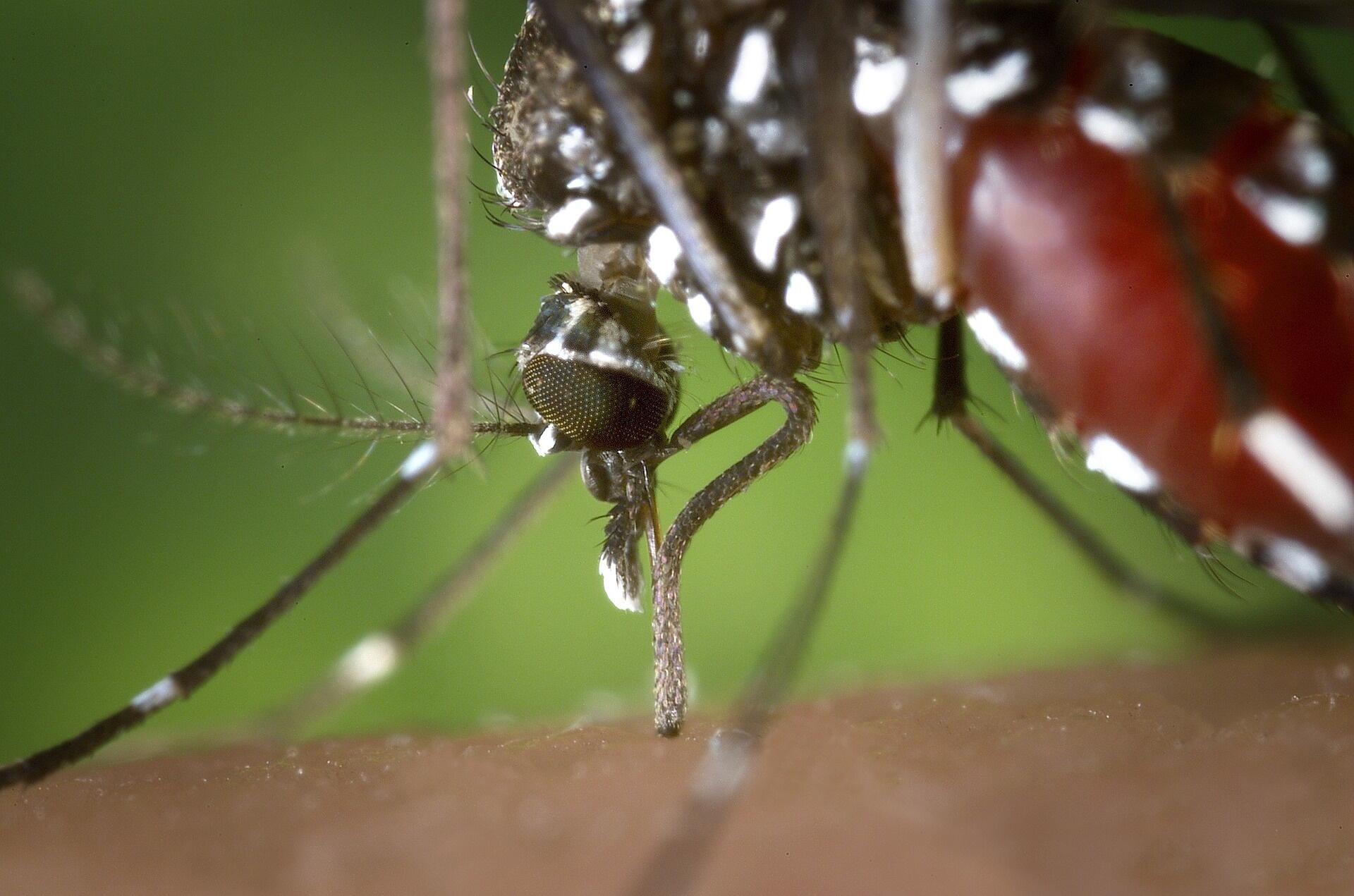
17 November 2016, Geneva / Liverpool / The Hague–Amid spikes in dengue cases and the recent spread of the Zika virus, Red Cross and Red Crescent teams in the Americas, Africa and the Asia Pacific region are rolling out new educational toolkits designed to help communities prevent transmission of diseases spread by infected Aedes mosquitoes.
“Knowledge is key to disease prevention, and prevention is the best weapon available in the battle against health threats posed by Aedes mosquitoes, including Zika, dengue and chikungunya,” says Dr Julie Hall, Health and Care Director at the International Federation of Red Cross and Red Crescent Societies (IFRC).
IFRC, the Red Cross Red Crescent Climate Centre in the Netherlands and LSTM joined forces to develop two easily adaptable teaching guides and interactive toolkits to be facilitated by local volunteers and educators—one intended for adults in affected communities and the other for school children.
Red Cross volunteers and partners have started adapting and teaching the modules in countries long-impacted by dengue and chikungunya, like the Philippines, and countries more recently affected by Zika, like Guinea Bissau. The toolkits are to be used in the coming weeks in the Solomon Islands, which is facing a large denge outbreak—the first use of the toolkits in an emergency setting. Regional training workshops are scheduled to take place in India and Vietnam this year and the toolkits are soon to be launched in Caribbean states.
“Pathogens transmitted by Aedes mosquitoes result in millions of infections every year. When communities know how to protect themselves and work together, evidence has shown that they can reduce the number of circulating mosquitoes and prevent disease.” says Dr Leigh Bowman, Epidemiologist at the Liverpool School of Tropical Medicine.
The “community” and “school” learning modules focus on transmission, symptoms and treatment of Zika, dengue and chikungunya, preventing mosquito bites and reducing mosquito breeding sites through community, family or school-based interventions.
“We know that various factors, including climate change, will continue to shift the reach of Aedes mosquitoes” says Dr Maarten van Aalst, Director of the Red Cross Red Crescent Climate Centre. “We hope that these prevention toolkits will empower at-risk communities to better protect themselves from these mosquito borne-diseases.”
Red Cross and Red Crescent volunteers—working in virtually every country affected by Zika, dengue and chikungunya—will gradually roll out the toolkits, integrate them into existing work to prevent the three diseases, and work with partner organizations and community groups to adapt and use the materials.
The toolkits are available for download here or by visiting: www.ifrc.org/en/publications-and-reports/general-publications
The development of the prevention toolkits was funded by the EU-supported International Consortium on Dengue Risk Assessment, Management and Surveillance (IDAMS), a research project led by Heidelberg University Hospital.